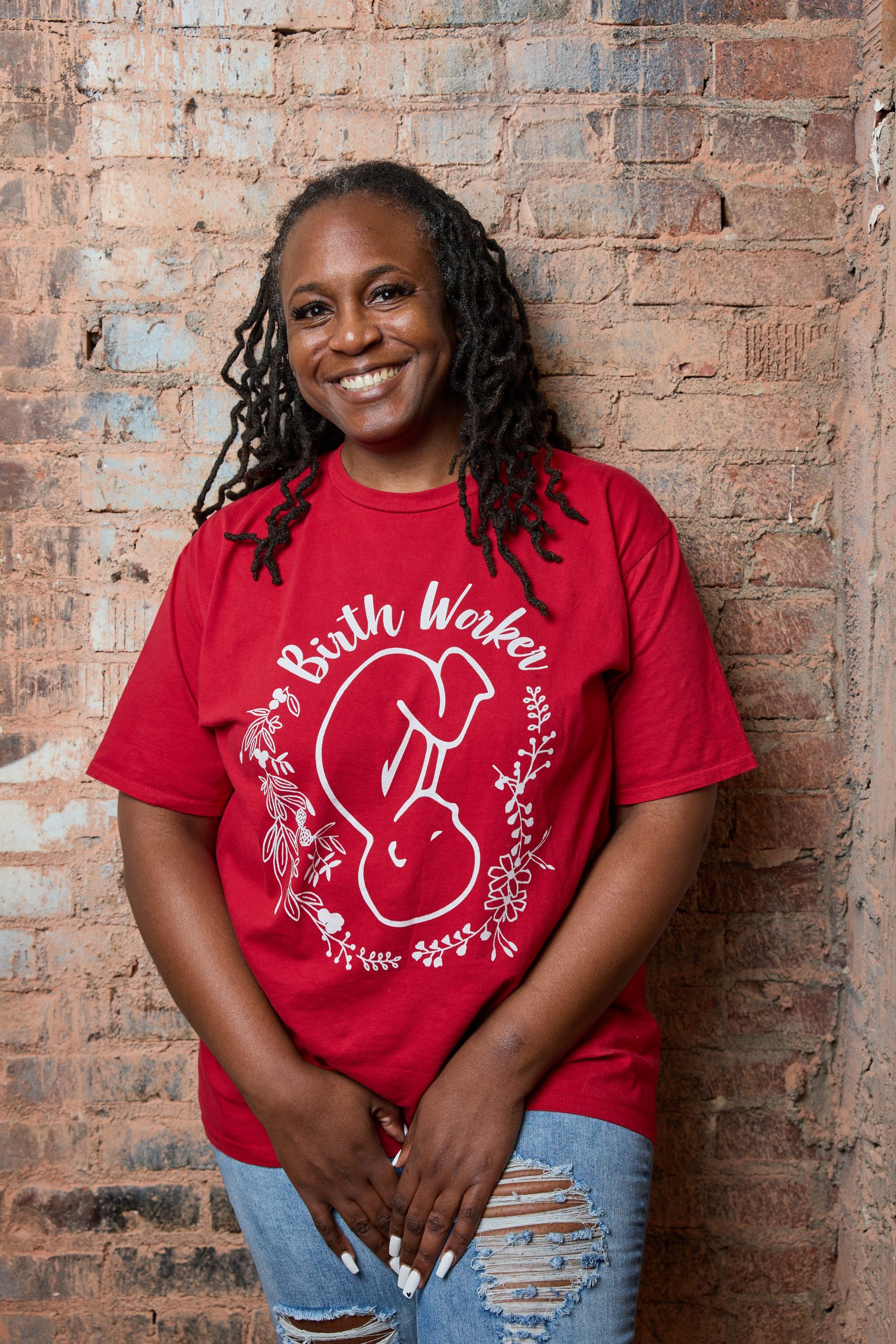Introduction
The role of a birth partner is more than just a title; it’s a crucial function that can drastically affect the birthing experience. When you take on this role, you’re not just a spectator; you’re an active contributor to one of life’s most transformative events.
This article is designed to equip you with valuable, autonomy-centric tools that will help you excel in this essential role. Our goal is to provide you with practical guidance and emotional wisdom that empowers you and your loved one to make informed choices during the birth process.
Why should you keep reading? Because by the end of this article, you’ll gain not only the intellectual understanding of what it takes to be an ideal birth partner but also the emotional satisfaction of knowing you’re fully prepared to support your loved one in the most meaningful way.
Understanding the Basics
A birth partner is not merely a spectator but an active participant in the birthing process. Your roles and responsibilities go beyond just being present; they extend into providing emotional, intellectual, and sometimes physical support during one of life’s most transformative experiences.
What sets an ideal birth partner apart from everyone else is the commitment to informed and autonomous participation. The purpose of this article is to equip you with the autonomy-centric tools and knowledge you need to be a fully participating member of the birth team. Our aim is to foster an environment where both you and your loved one can make empowered decisions throughout the birthing process.
Emotional Support
Emotional support is one of the cornerstones for anyone aiming to be an ideal birth partner. To provide the support that hits the mark, understanding the emotional changes that occur in pregnancy and labor is pivotal. Hormonal shifts can lead to mood swings and emotional sensitivity, making your role in recognizing and navigating these changes essential.
The second pillar of emotional support is communication. Clear, empathetic, and timely communication is crucial for any Ideal Birth Partner. It’s not just what you say, but also how and when you say it, that can make all the difference. The right words at the right time can be a beacon of comfort and assurance.
Finally, let’s delve into specific emotional support techniques you can employ. These can range from deep-breathing exercises to affirmations and touch. As an Ideal Birth Partner, mastering these techniques will arm you with the tools to offer emotional sustenance when it’s needed the most.
Practical Support
Being an ideal birth partner goes beyond emotional fortitude; it’s also about practical support. The first step in offering valuable help is understanding the stages of labor. From early labor to transitional and active labor, knowing what to expect allows you to better tailor your support to each unique phase.
Next, let’s talk about pain management techniques. From massages to medication, the toolbox for managing pain is diverse. As an ideal birth partner, you’ll want to be versed in these methods, so you can provide immediate relief or support when needed, based on the preferences and needs of your loved one.
Lastly, your role extends into decision-making and advocacy. Given the fast-paced and sometimes complex medical setting of a birthing experience, being informed and prepared to advocate for your partner’s wishes is paramount. You’ll be the voice when they may not be able to speak, amplifying their autonomy and personalized birthing plan.
Informed Participation
Informed participation is a cornerstone for any support person. Being well-informed starts with research and understanding evidence-based practices. Whether it’s natural birthing techniques or the latest in epidural technology, keeping abreast of credible information equips you with the knowledge to make or support sound decisions.
Another crucial aspect of informed participation is asking the right questions, both of the medical staff and the birthing person. The ideal birth partner knows when to ask about alternative pain relief, what questions to pose about labor progression, and how to open discussions about comfort and wishes. Asking insightful questions enables you to become an active participant, not just an observer.
Finally, where and how you gather information is just as vital. Trustworthy sources, peer-reviewed studies, and expert opinions should be your go-to. You should also realize that it can take time for practices that work to make their way into studies and journals. The ultimate choice is yours even if your team doesn’t agree. Navigating through the noise and being there for the birthing person helps you become the ideal birth partner who offers not just support but enlightened guidance.
Making it Personal
The real magic happens when you make the journey as a partner truly personal. Begin by deeply understanding the birthing person’s preferences. Are they more inclined toward natural birthing, or are they open to medical interventions? Knowing these preferences will allow you to personalize your support in a way that aligns with their unique needs and desires.
You and your partner should work together to create a birth plan. This is not a one-size-fits-all template but a living document that you both contribute to. Being an ideal birth partner means not only respecting but also contributing to this plan, ensuring it reflects shared values and expectations.
Lastly, the journey doesn’t end when the baby arrives. Constant improvement is key. Whether it’s asking for feedback or seeking out new educational resources, being open to growing and improving will make you a wonderful birth partner today and for any future birthing experiences.
Conclusion
In summary, being an ideal birth partner is a rewarding role that calls for both emotional attunement and well-informed decisions. From understanding the basics and offering emotional and practical support, to taking an informed and personalized approach, the pathway to becoming an ideal birth partner is clear but nuanced. You’re not just a spectator; you’re an integral part of a life-changing experience.
If you found this guide helpful and want to dive even deeper, we invite you to join our upcoming workshop, “The Ideal Birth Partner: A Comprehensive Guide.” The workshop will be available both in person and virtually. It will offer interactive sessions, hands-on activities, and downloadable resources to enhance your learning experience. Click HERE to be the first to find out when enrollment starts.
*This blog post contains affiliate links. This means that I may receive a small commission at no extra cost to you if you click on a link and make a purchase. I only recommend products and services that I trust and believe would be valuable to you. The compensation received will never influence the content, topics, or posts made on this blog. It helps support my work in bringing you quality information. Thank you for your support.

Sophia Antoine
Doula
Sophia Antoine is a dedicated and compassionate doula with nearly two decades of experience in supporting families through their pregnancy, labor, and postpartum journeys. A native of Arcadia, FL, Sophia has made it her mission to empower and educate mothers and families on the importance of holistic, culturally sensitive, and evidence-based birth support.
Sophia brings a deep understanding of the unique challenges faced by families in the American healthcare system. She is passionate about advocating for birth justice and reducing health disparities within her community.
Beyond her professional credentials, Sophia brings warmth, empathy, and a reassuring presence to every birthing space. She is well-versed in a variety of comfort measures, including rebozo techniques, acupressure, and aromatherapy, and she tailors her approach to the unique needs and preferences of each family she serves.
When Sophia is not supporting families during their most transformative moments, she enjoys reading, teaching Zumba, working out, and advocating for maternal health policy reform. Sophia is grateful for the opportunity to serve her community as a doula and childbirth educator, and she remains committed to creating safe, nurturing, and empowering birth experiences for all families.




